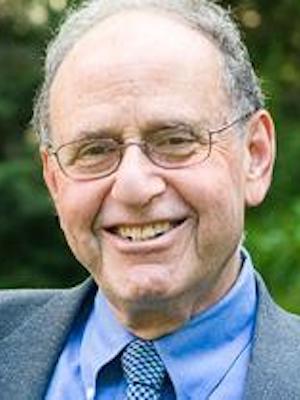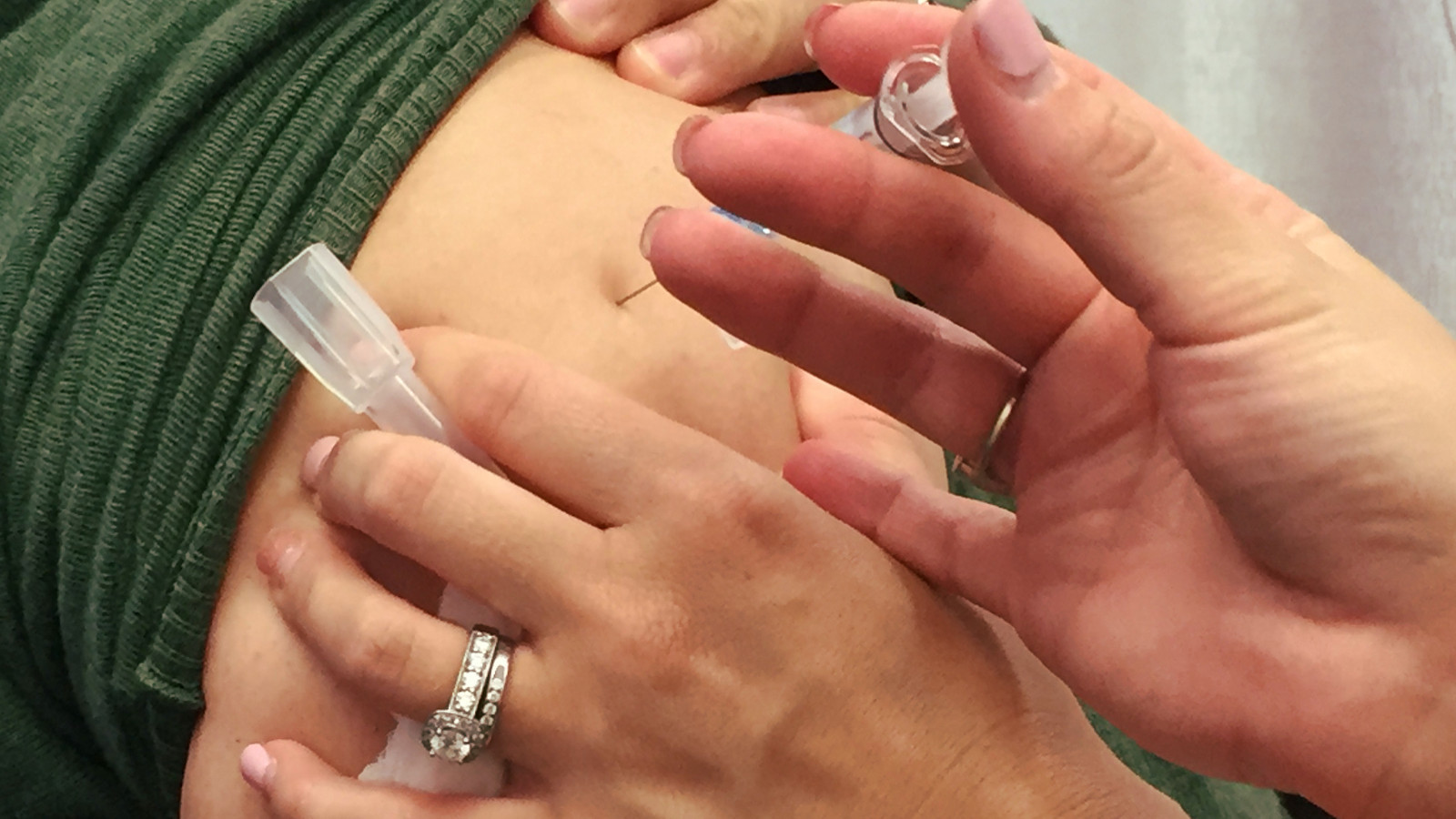The COVID-19 vaccine will require two doses within about one month of each other. | stock photo
The COVID-19 vaccine will require two doses within about one month of each other. | stock photo
America is on the brink of seeing the first two COVID-19 vaccines approved by the U.S. Food and Drug Administration (FDA), but the potential reception from the general public is unknown.
Arnold Monto, an infectious disease expert at the University of Michigan, will meet with other members of the FDA's Vaccines and Related Biological Products to consider whether to approve two vaccines. One has been jointly produced by U.S.-based Pfizer and German-based BioNTech for emergency use, which has been greenlighted in Great Britain already. The second vaccine was developed in Massachusetts by Moderna.
The two are the first among 200 in development to reach the final approval stage.

Arnold Monto, University of Michigan
| Twitter
Monto called the development of vaccines “one of the major success stories of the response to the pandemic,” Bridge Michigan reported.
As companies have hurriedly worked to develop vaccines under Operation Warp Speed, there have been concerns about the safety of the vaccines. Monto believes they will prove to be safe for a simple reason: There are profits to be made, and the public's confidence at stake.
Monto offered an online presentation, “Is the End in Sight? An Inside Look at the COVID-19 Vaccine Development and Approval Process.” The presentation highlighted things people need to know about the vaccine, the first of which is that Operation Warp Speed should not be a concern.
What the program has done is take a 15- to 20-year program and squeeze it into one year. The scientists working on vaccine research had a head start based on research conducted previously with other coronaviruses. Also, studies ran parallel, rather than one after another, as is typical.
“What I want to convince you of today is that we are doing exactly what we ordinarily do with vaccine development, but on a shorter timeline,” Monto said, according to Bridge Michigan.
The leading vaccines are more effective than expected, with the top two candidates reporting a 94% or higher success rate. There remains work to be done, though, to determine how long immunity will last.
After frontline health workers are vaccinated, vaccines will first go out to the most vulnerable. That would include the elderly, those with existing medical conditions, racial and ethnic minorities, those living in correctional facilities, the homeless and college students, among others. Vaccines for the general population should be ready by late winter of spring, according to Monto.
Children will probably not be included in the first round of vaccinations, as they were excluded from the studies. “I would predict that, as we go forward, we may well slowly use the vaccines in older children,” Monto told Bridge Michigan.
To date, side effects have been reported, but they are described as "mild" and "acceptable," consisting of body aches and fever.
The final fact to keep in mind is that two doses will need to be taken a month apart. There are indications, particularly with the Pfizer vaccine, that protection from COVID-19 can be gained after one dose but that full immunity will only be achieved with two doses.


 Alerts Sign-up
Alerts Sign-up